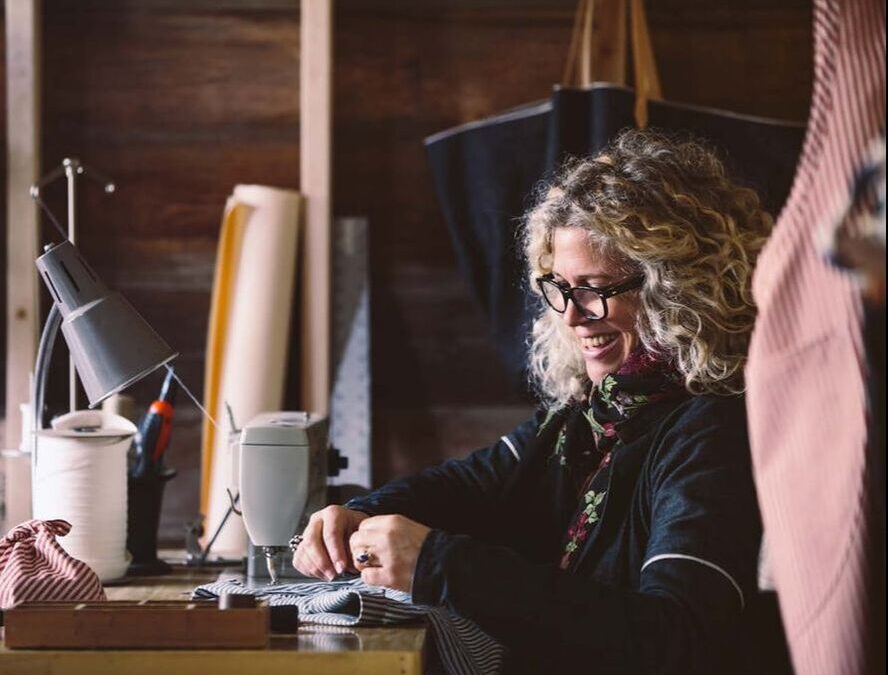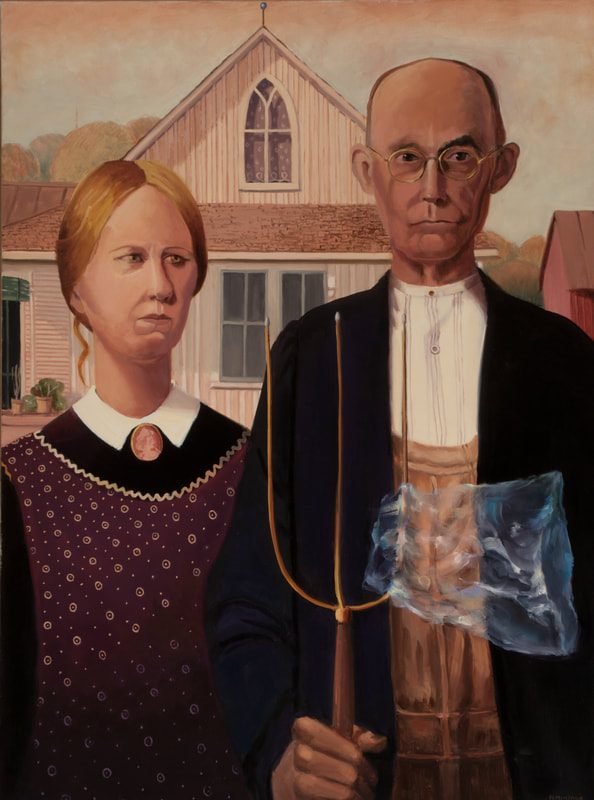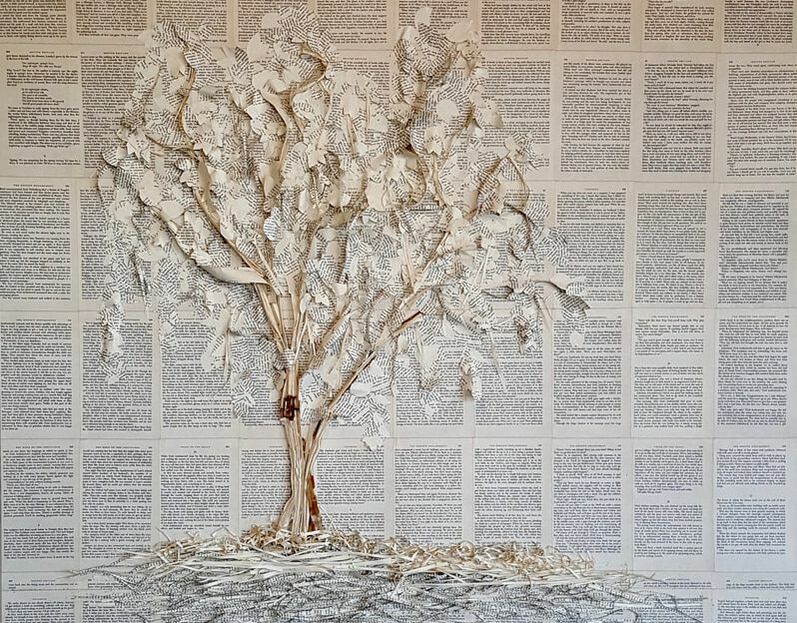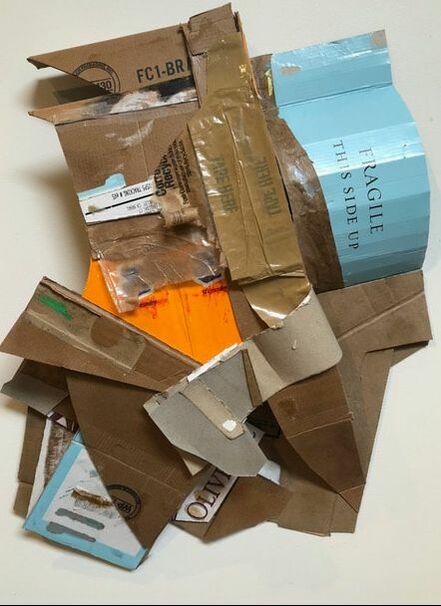I Am the Change I Seek
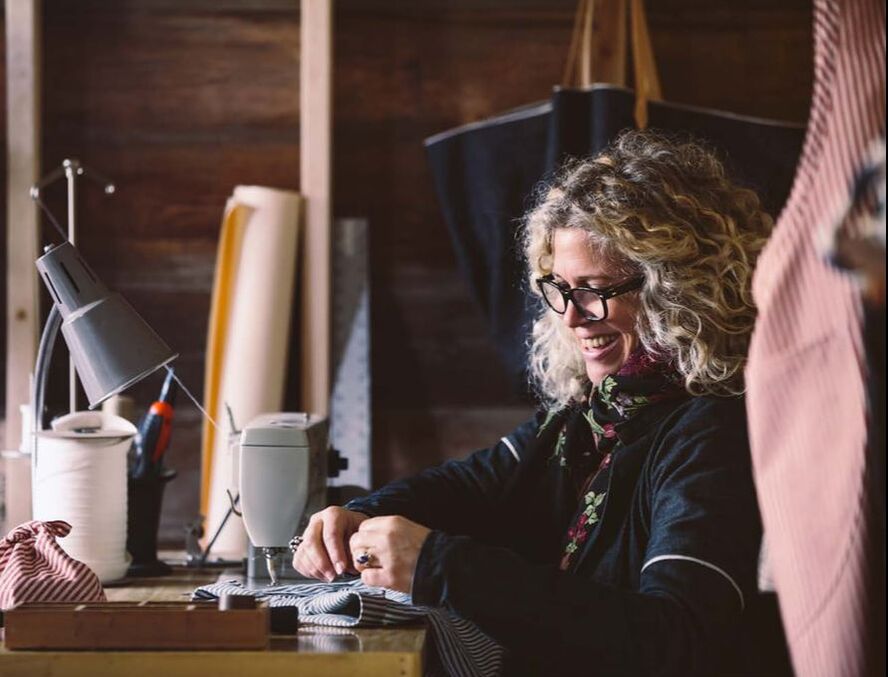 Ambatalia’s Molly de Vries in her shop/studio at the Mill Valley Lumber Yard, 129 Miller Avenue.
Ambatalia’s Molly de Vries in her shop/studio at the Mill Valley Lumber Yard, 129 Miller Avenue.
1. Nature: Learn about the direct link between a healthy natural world and a healthy natural self. What you put in the earth or in the air, you put in your body.
2. Refuse / Trash: We’re fortunate that MV Refuse offers green cans to compost yard waste, food scraps etc. Do not use corn-based bio bags or compostable plastics or disposable to-go cups. Given the massive changes in the recycling industry spurred by China and others, we must learn to recycle right: empty and rinse all cans and bottles, jugs and tubs. Go to zerowastemarin.org to find out how to recycle a wide range of materials.
3. Single Use Disposables: Most single-use disposable containers cannot be recycled or composted. These “recyclable” items end up in the landfills even if they display the Recyclable Symbol on the item. Learn to bring your own container, plates or utensils to your favorite restaurant to fill up with your favorite to go food. The only real compostable items are paper without plasticized lining, paper straws, and wood utensils.
4. Grocery Shopping: Bring your own produce and bulk cloth bags and jars. Shop the bulk bin whenever possible at your local grocery stores. Ask your grocer to stock items that are packaged in little or no plastic.
5. Food Waste: Buy only what you need and eat what you have. Do an inventory of what you have before you shop to avoid food surplus that may lead to waste.
6. Home Energy: Switch to 100% renewable energy. Just go to mcecleanenergy.org and have your PG&E account number handy. For a few more dollars per month, be part of the solution.
7. Transportation: Walk, ride your bike, carpool or use public transit. Downsize a vehicle, or go electric. Limit car trips.
8. Natural Cleaning Products: Having baking soda, vinegar, castile soap, salt, washing soda and essential oils on hand is everything you need to clean your house.
9. Clothing: Watch the movie “The True Cost” on Netflix on the scandal of fast fashion. A minimalist closet of items of quality are your best bet. Used clothing is abundant and the most sustainable option. Dry clothes on a laundry line to save money, energy and make your clothes last longer.
10. Unwanted Items: Put unwanted items at the end of your driveway with a “free” sign on them, or list on websites such as nextdoor.com and craigslist.org. These small efforts make a huge difference in reducing the demand for landfills.
Sustainable Art
|
Victoria Mimiaga
As Mimiaga sees it, the new “American Gothic” would include plastic. She’s been painting with a Food on Plastic theme for 20 years. Her new series Masters and Plastic can be found at her studio in the Mill Valley Lumber Yard, 129 Miller, upstairs #621. MORE INFO. |
Nance Miller
Reflecting nature and nodding to its origins, Miller’s “Dr. Zhivago” uses pieces of discarded books to tell a tale that is inherent in its fibers. An MVSD art and literature teacher and a mom, Miller explores storytelling with the traditional format of books and alters them to a new form. MORE INFO. |
Shane Kennedy
For pieces like “Collage” above, Kennedy scours junkyards, dumpsters and flea markets for materials to give them a new life. Cardboard and found objects are cut, painted, stapled, taped, glued and otherwise assembled into abstract compositions. MORE INFO. |

